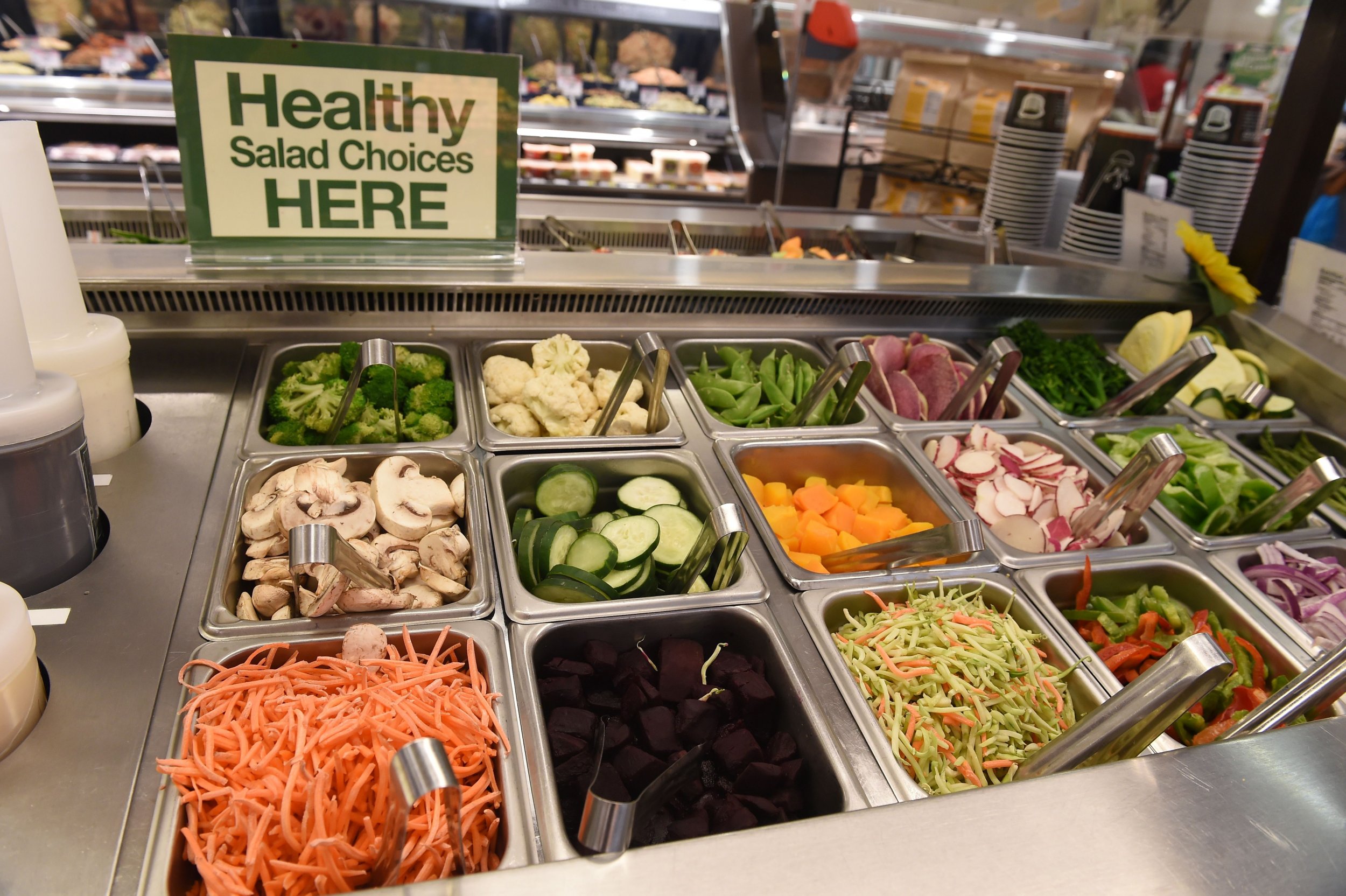
So, you're starting a new diet, but as you've probably heard, diets just don't work. It appears that on some level, that might be true. Neuroscientist Andra Aamodt explains what's known as the set point theory in a TED talk. According to the theory, our bodies have an ideal weight range. If you attempt to go too far outside of that range, our bodies work against our best efforts in order to keep our weight stable.
Related: Eat Less Sugar And Keep Your Resolution This Year With These 3 Easy Tips
"If you lose a lot of weight, your brain reacts as if you were starving," she said in the video. Unfortunately, your brain doesn't know whether or not you actually need to drop a few pounds but ultimately wants to keep you at the weight it's accustomed to.
Aamodt cites one study by obesity expert Rudy Leibel of Columbia University, which revealed that people who lost 10 percent of their body weight burn as much as 400 calories less because of their decreased metabolism.
Aside from decreased metabolism, diets often are too restricting, making them hard to maintain.
"Restricting food groups or demonizing things like sugar can lead to feelings of deprivation that often manifest as overeating or bingeing farther down the line," Laura a registered nutritionist based in London., told Shape magazine. "It's really self-defeating."
This demonizing of food can also impact your social life, as dieters sometimes dread going to parties where "bad" foods could tempt them.
"Anytime someone sets up black-and-white rules to their food and eating, it creates anxiety about how they're going to stay within these boundaries," Psychologist Carrie Gottlieb told Shape. "You wonder 'how do I avoid that party or restaurant meal' in hopes that you won't need to eat certain things."
So does that mean it's impossible to drop those few extra pounds? Not exactly. The Washington Post talked to Psychologist and researcher Traci Mann about what you can do to lose weight successfully. Mann heads up a health and eating laboratory at the University of Minnesota that aims to find the best ways to help people make good choices.
According to Mann, losing weight comes down to two main behaviors: making unhealthy foods hard to obtain and making nutritious foods easy to access.
As she explained in the story the first works mostly because it helps us eat less. "An obstacle will slow us down, if not stop us entirely. So it's a great strategy for eating less of something. It's not going to help you eat none, but you will likely eat less of it," she said.
The second strategy works because if you have an abundance of fresh food, not in competition with other snacks like cookies, then you'll eat more of the food that's good for your body.
So as you're making this year's resolution to eat healthier, remember Mann's one piece of advice. "It's not about resisting yummy stuff. It's not about going on a diet that is bound to fail," she said. "It's just about making it a little harder to make the wrong choices, and a little easier to make the right ones."
Uncommon Knowledge
Newsweek is committed to challenging conventional wisdom and finding connections in the search for common ground.
Newsweek is committed to challenging conventional wisdom and finding connections in the search for common ground.
About the writer
Melissa is a science writer covering health for Newsweek and has contributed to Inc., Dr. Oz The Good Life, Men's Fitness, Marie Claire and others. She earned ... Read more
To read how Newsweek uses AI as a newsroom tool, Click here.








